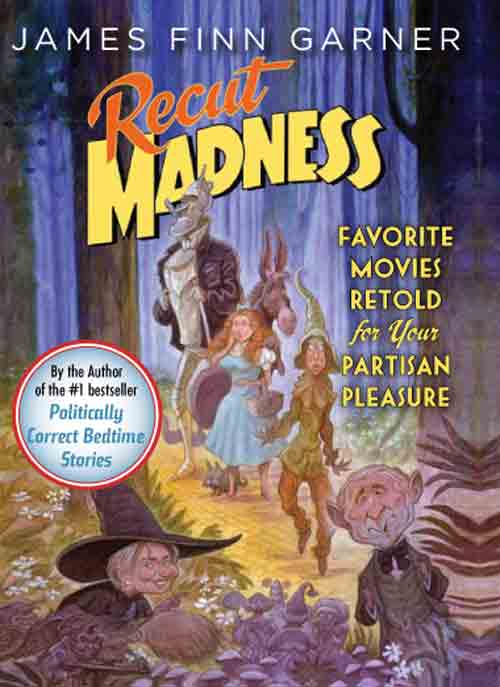During our family vacation to Germany last summer, I grew ashamed of my ignorance of the history of World War II. I knew a few of the basics, like everyone else, but how the Nazis actually came to power and held sway over a supposedly civilized nation—that was a gap in my education that made me feel like a complete sophomore.
As the years pass, the upheaval and lasting effects of WWII become just a feature of the landscape. With the exception of the founding of Israel, I’d venture to say that the outcome and results of the war are now taken for granted. Now that East and West Germany are united, what borders are left to dispute, or grievances to fester? The major political and military issues facing us today have their roots in the Cold War and petro-politics, not the Depression and the Great War. And as more of survivors of those times grow old and die, the lessons learned in “A World At War” are lost.
No such weighty matters were in mind a few weeks ago, when I picked up the first history book I’ve read in a long time, The Coming of the Third Reich by Richard Evans. I just wanted a little background information. With so many volumes written about the era, the war and in particular about Hitler, I didn’t want to get bogged down in dates and troop movements and all the things that students of this era love to chew on. (I particularly didn’t want to read one more crappy examination into the “mind” of Uncle Adolph, such as Norman Mailer’s newest. I had high hopes for Stephen Fry’s Making History, but realized after 75 pages that it was packed with cliches, like the crazy scientist and the neer-do-well who will end up going back in time to do one good thing in his life by eliminating Hitler. So much time and ink has been wasted on that ratbag, I think, because we feel there MUST be an objective answer to why he was so evil. To believe that such extensive horror could arise merely from ambition, callousness, and mundane hate is much too frightening, like being able to make an a-bomb from things lying around the garage.)
Evans’ book is great for a layperson like me, who wants to see how the groundwork was laid for Hitler’s rise in the 50-60 years leading up to the war. And while I don’t want to get hyperbolic about it, the book described some unintentional parallels with our own political climate. America isn’t ready to turn into Nazi Germany yet, but it ain’t because we’re the land of the free and the home of the brave. It may be because our political stability and economic power haven’t forced most people to examine carefully how they want their society to run.
I apologize. I said I didn’t want to get hyperbolic, and it feels like I already have. Hard to avoid it when talking briefly about such matters. There are books and books that could be written about whether our country is headed toward real fascism or not, and I’m not the guy to write them. All I’m saying is, The Coming of the Third Reich describes a few situations and attitudes that could happen in any country. Economic uncertainty. Nostalgia for a time when the country was strong and respected, morality was unquestioned, the leader was blessed with divine insight, and a treasonous left-wing enemy was trying to bring the entire country to its knees.
(For an intriguing alternative history of America at a time when these very conditions were in the air, read Phillip Roth’s The Plot Against America.)
Probably the most fascinating and chilling phenomenon Evans describes in The Coming of the Third Reich involved the German judiciary in the teens and twenties. Feeling no particular allegiance to the Reichstag parliament, which didn’t appoint them, judges would sometimes deliver incredibly light sentences on men convicted of assassinations, murders and riots. The mitigating factor the judges would consider in these cases was whether the crime was committed “for patriotic reasons.”
Yep, you could start a riot, or assassinate a political rival, or even attempt to overthrow a provincial government, and if a sympathetic judge thought you were acting out of love of the fatherland, you might only serve a couple of months or years in prison.
Something to ponder, as more and more members of the Bush administration get hauled to the witness stand.
Patriotism may be the last refuge of a scoundrel, but sometimes it can be a handy defense.
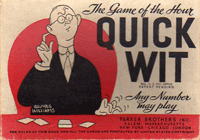 If you have any interest at all in seeing “Who’s Afraid of Virginia Woolf?” while it’s in Chicago, drop everything and go. You will not see the likes of the performances in that show within your lifetime. My ever-lovin’ wife and I went last night, and it was a dang treat. Kathleen Turner was perfect as the venom-spewing Martha, all the years of booze and cigarettes nearly clogging her ability to speak. It’s hard to imagine any actress from the Hollywood system–you know, the type that signs on to a Broadway show because she has a break in her schedule and really misses the restaurants in the Village–throwing herself so completely into an awful character.
If you have any interest at all in seeing “Who’s Afraid of Virginia Woolf?” while it’s in Chicago, drop everything and go. You will not see the likes of the performances in that show within your lifetime. My ever-lovin’ wife and I went last night, and it was a dang treat. Kathleen Turner was perfect as the venom-spewing Martha, all the years of booze and cigarettes nearly clogging her ability to speak. It’s hard to imagine any actress from the Hollywood system–you know, the type that signs on to a Broadway show because she has a break in her schedule and really misses the restaurants in the Village–throwing herself so completely into an awful character.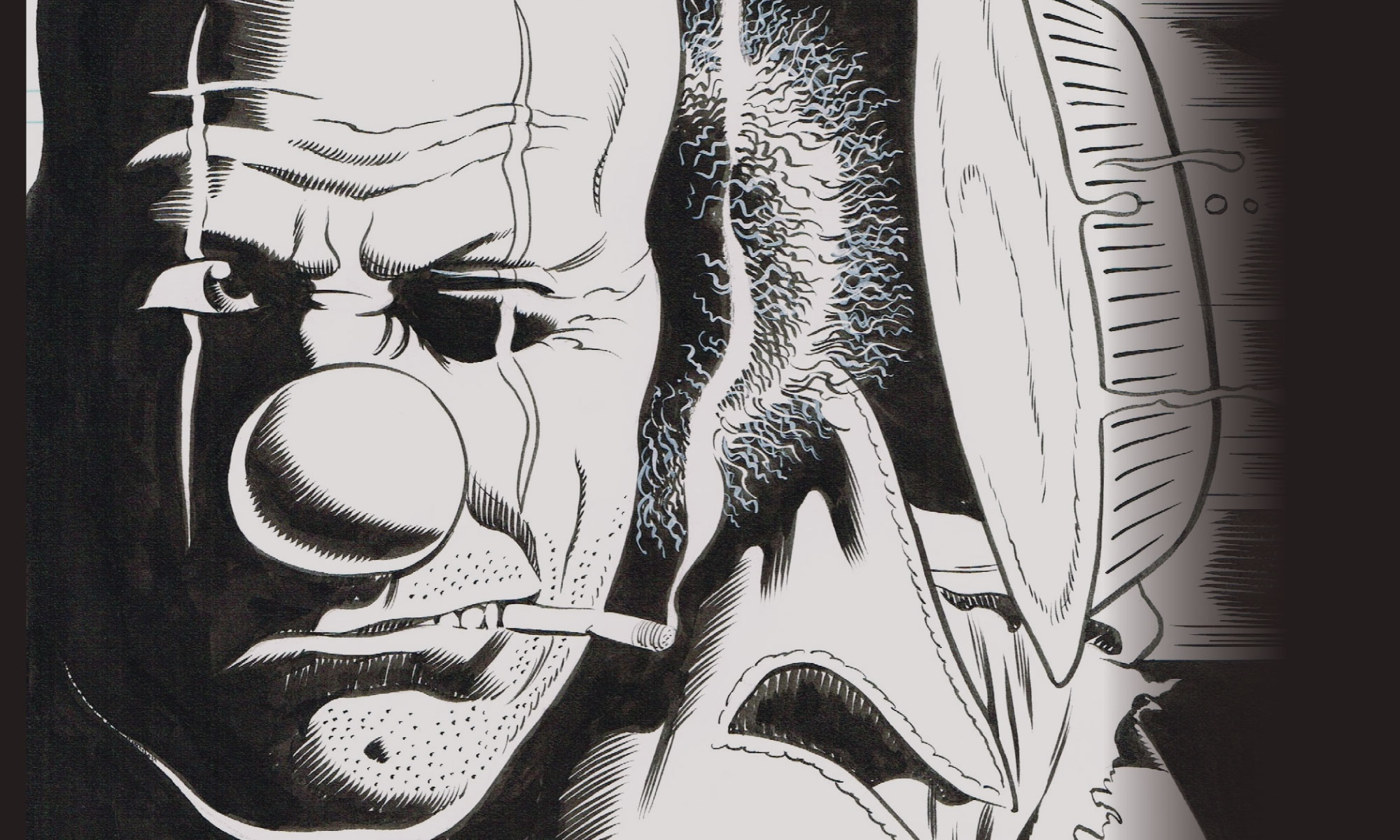

 In an impetuous splurge, my wife and I decided to buy tickets for “Who’s Afraid of Virgina Woolf?” starring Bill Irwin and Kathleen Turner, which is beginning its run downtown. I bought the tickets online through Ticketmaster, so after service charges and “convenience fees” that totaled ALMOST 23% OF THE TICKET PRICE **ahem** sorry for that, so,… I printed up the order so I would have a record of this marvelous extortion to write off on my taxes.
In an impetuous splurge, my wife and I decided to buy tickets for “Who’s Afraid of Virgina Woolf?” starring Bill Irwin and Kathleen Turner, which is beginning its run downtown. I bought the tickets online through Ticketmaster, so after service charges and “convenience fees” that totaled ALMOST 23% OF THE TICKET PRICE **ahem** sorry for that, so,… I printed up the order so I would have a record of this marvelous extortion to write off on my taxes.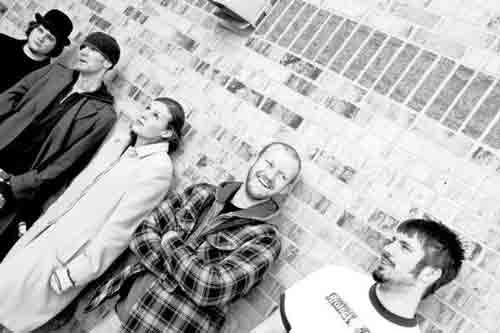

 Just heard on the radio that the Police–yep, 270 years of rock royalty–will be playing at Wrigley Field this July 5. How long has this been out? Seems like big news to me. Wasn’t Dave Matthews Band going to play there, then pulled out? It’s only fitting–the Cubs will be dumping enough raw sewage in the hood by that time, and won’t need any help from DMB’s tour bus.
Just heard on the radio that the Police–yep, 270 years of rock royalty–will be playing at Wrigley Field this July 5. How long has this been out? Seems like big news to me. Wasn’t Dave Matthews Band going to play there, then pulled out? It’s only fitting–the Cubs will be dumping enough raw sewage in the hood by that time, and won’t need any help from DMB’s tour bus.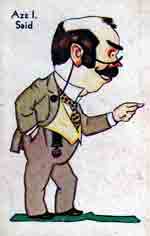 I lost it at the Apple Store. (Well, not really, it happened by phone in my office, but I had to make the metaphor stretch a little.)
I lost it at the Apple Store. (Well, not really, it happened by phone in my office, but I had to make the metaphor stretch a little.) 

 * What’s with the sidewalls on the new baseball caps this spring? Something special for the fashion designers in the audience? Enough with the stylish enhancements. Baseball uniforms ought to be lumpy, misshapen and preferably made of wool (cf.,
* What’s with the sidewalls on the new baseball caps this spring? Something special for the fashion designers in the audience? Enough with the stylish enhancements. Baseball uniforms ought to be lumpy, misshapen and preferably made of wool (cf., 
